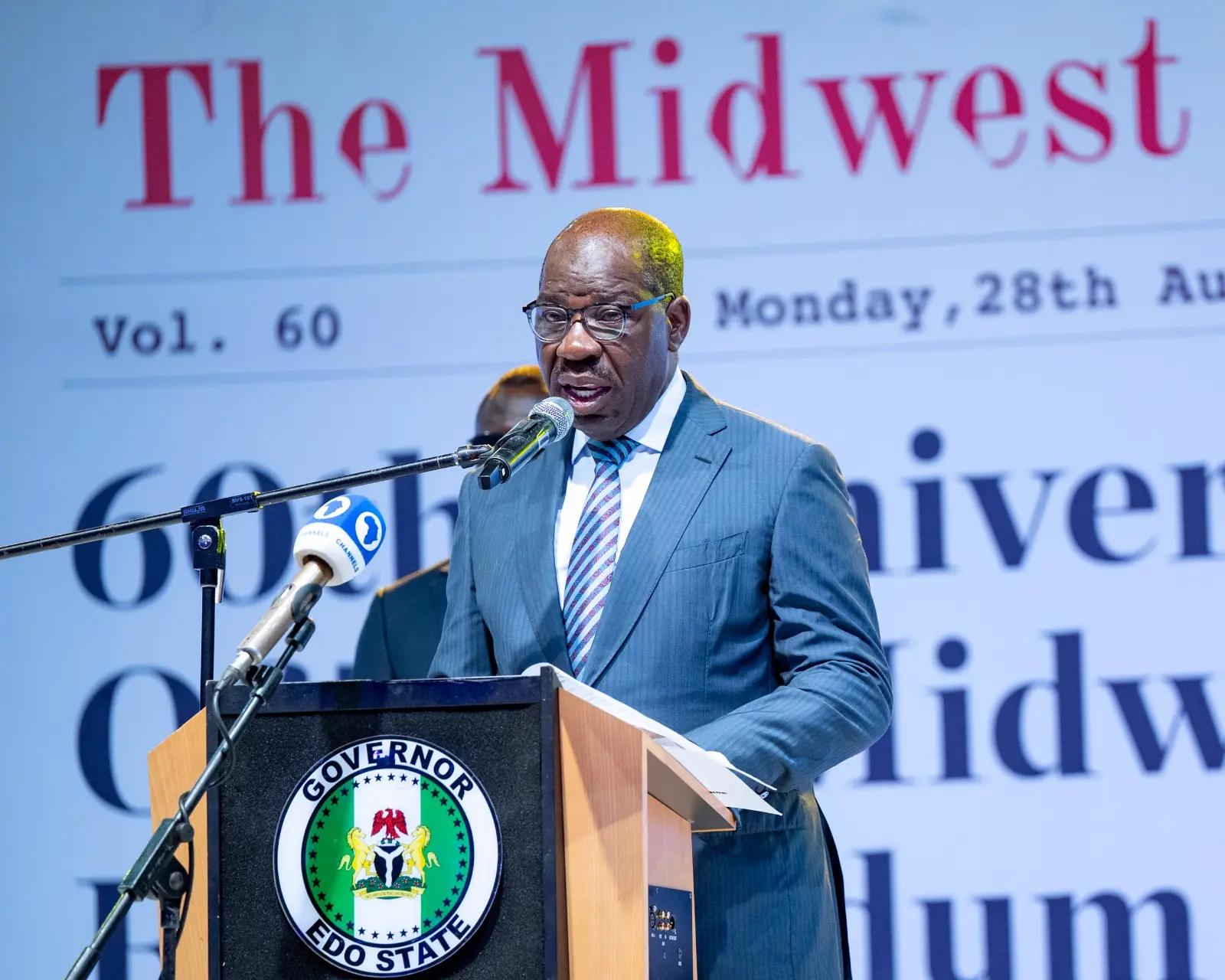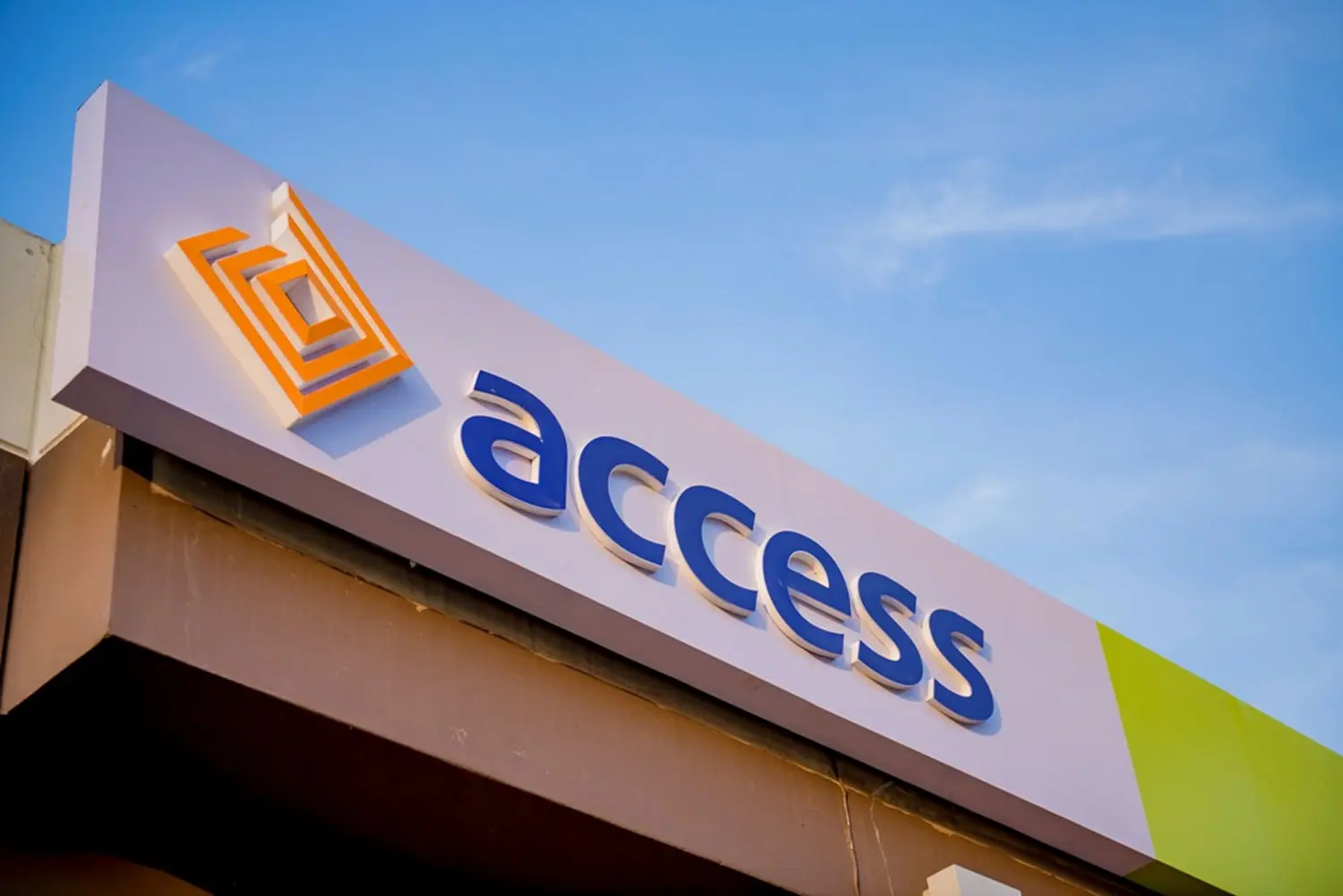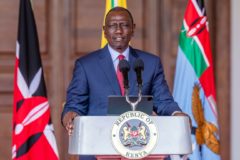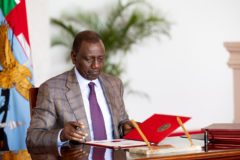As part of its move to become Nigeria’s first fully e-governed state, Edo has made a full transition to a paperless mode of communication in its civil service.
Edo State has officially transitioned to a paperless mode of communication in its civil service—the first Nigerian state to do so. According to a government circular seen by TechCabal, the state governor, Godwin Obaseki directed his office to reject physical files from any ministry, department, or government agency. This development is Edo’s latest move in pursuit of its goal to become Nigeria’s first fully e-governed state before September 1st, 2023. Last month, the Edo state government held a one-week digital transformation training for over 3,000 workers. It also launched a digital policy project.
Edo is betting that its automation of work processes will reduce backlog and free up government resources. A former media aide to the state government told TechCabal, “About six million documents have been archived digitally and the goal is for state operations, including interface with the public, to be initiated and completed online.” [ad]
With the transition to a paperless approach, communication in the Edo State civil service is expected to become faster, reducing administrative burden, and enabling quicker decision-making and response times. However successful implementation requires investing in digital infrastructure, ensuring data security, and more importantly, providing training for employees to adapt to new technologies. In 2021, the state government began the digital registration of all workers across the 18 local government areas of the state.
Digitising public service remains an important step in improving the delivery of all government services. It not only increases the effectiveness of the government business but also sets up a framework for e-governance. According to a McKinsey report, digitization has the potential to unlock over $3.5 trillion of economic value for the government and public sector.
While Edo appears to be leading the charge, the federal government has long committed to going paperless. In January 2022, the then minister of communications and digital economy, Isa Pantanmi disclosed that the federal government spent a total of N152 billion on digitisation in 2021. In August, immediate past President Muhammadu Buhari and five governors endorsed a framework for the harmonisation of the digital economy and e-governance initiatives at federal and state levels. This July, Nigeria’s Head of Civil Service, Folasade Yemi-Esan said all ministries, departments, and agencies will be fully digitised by 2025. It’s worth watching if the other 35 states will take a page from Edo’s playbook and digitise their civil service.
Have you got your tickets to TechCabal’s Moonshot Conference? Click here to do so now!






















